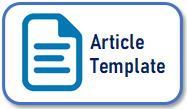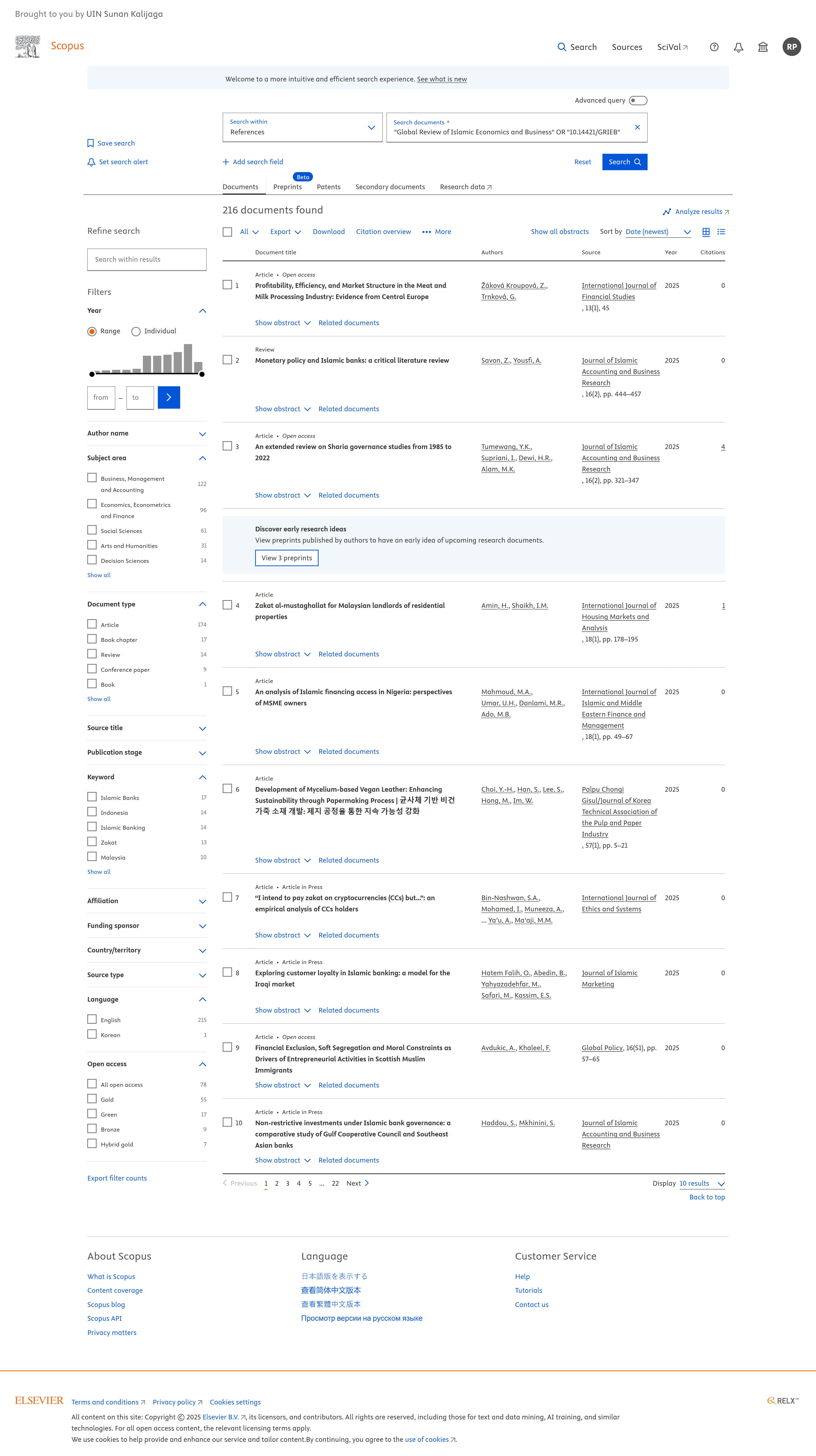Quick Menu
Citation in Scopus
Contact Editor-in-Chief
Article Template

Tools
Visitors
Statistics
Source: Scopus.com
Last update: April 15, 2025
Global Review of Islamic Economics and Business (GRIEB) is cited by articles in the Scopus database at least 216 documents (see scopus.com) since it was published in 2013.

The citation details for each article in Scopus are as follows: Scopus
Quick Menu
Citation in Scopus
Contact Editor-in-Chief
Article Template

Tools
Visitors
Statistics
Published by: Faculty of Islamic Economics and Busines, State Islamic University (UIN) Sunan Kalijaga in cooperation with Consortium for Islamic Economics
Global Review of Islamic Economics and Business is currently being indexed by:
Editorial Office: Faculty of Islamic Economics and Business, State Islamic University (UIN) Sunan Kalijaga, Primary E-mail Contact: rosyid.putra@uin-suka.ac.id
 All publication from Global Review of Islamic Economics and Business are licensed under a Creative Commons Attribution-ShareAlike
All publication from Global Review of Islamic Economics and Business are licensed under a Creative Commons Attribution-ShareAlike
